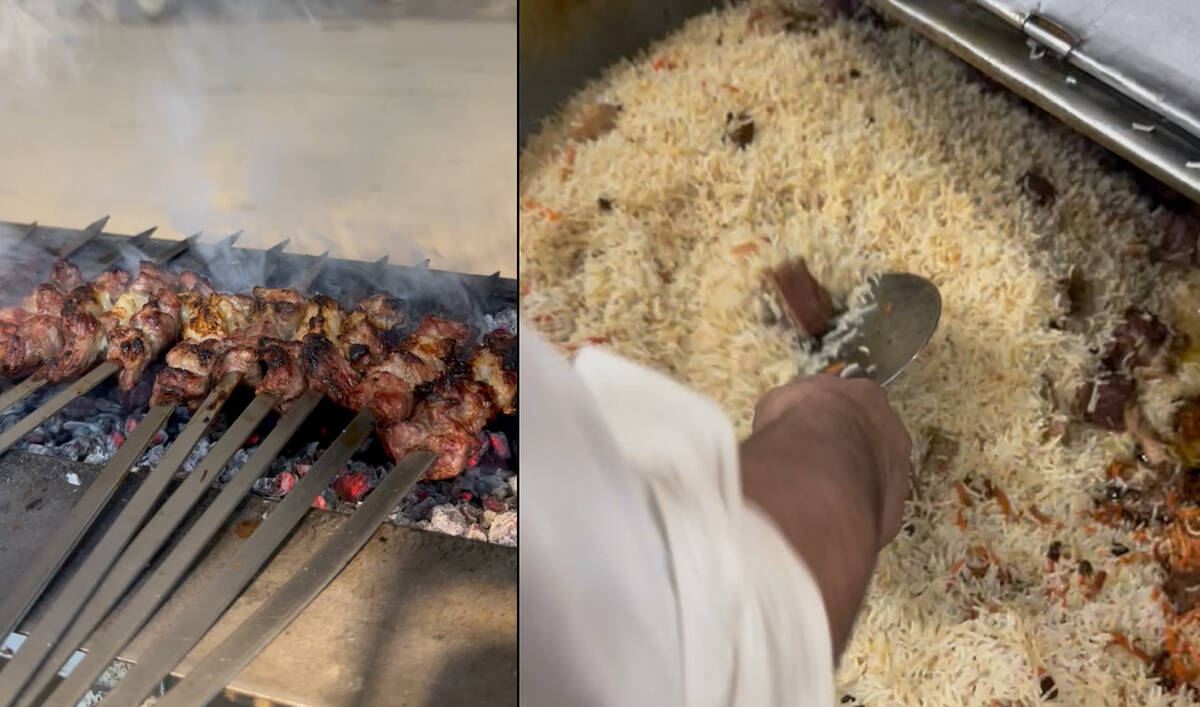ISLAMABAD: After losing to Mauritius, Pakistan plan to “come back stronger” when they face Saudi Arabia in their last game of the Women’s International Friendly Tournament on Thursday, members of the Pakistan team said, pinning their hopes on a chance to take the trophy home.
The four-nation friendly tournament featuring Saudi Arabia, Pakistan, Comoros, and Mauritius kicked off last week at the Prince Saud bin Jalawi Stadium in Al-Khobar city. This is the first such event held in the kingdom since it launched its national football league for women in 2020.
Undefeated Saudi Arabia are leading the tournament with two wins from two matches, beating Mauritius 1-0 and Comoros 2-0. Pakistan started on a high note, winning the first match of the tournament against Comoros on Wednesday, but losing to Mauritius 2-1 on Sunday, with skipper Maria Khan scoring the only goal for the green shirts.
“We had a hiccup against Mauritius … but I think for the Saudi game, we’re going to come back stronger with all guns blazing,” midfielder Rameen Fareed told Arab News in a video message from Al-Khobar on Monday. “[We are] excited for the game.”
Another Pakistani midfielder, Suha Irani, spoke about the “tough loss” against Mauritius but said the team was learning the right lessons from it.
“The first step is to get over that loss and realize that we’re still in this tournament, we still have a chance to win the trophy,” she told Arab News.
“Our focus is on the next few training sessions in the next two to three days that we have to prepare and we are going to give it our 120 percent,” she added, “because this is our last game and hopefully, we’ll come out with a win.”
Irani also spoke about her experience of visiting the kingdom, and described Saudi Arabia as a “very wonderful country.”
“I’ve never been here before but so far, the culture seems really cool and the food has been amazing,” the midfielder said.
A highlight of the team’s visit, Irani said, was a day trip to the King Abdulaziz Center for World Culture, also known as Ithra, which houses museums, a library, cinema, theater, and exhibition halls, and has been listed in Time magazine as one of the world’s top 100 places to visit.
“Our trip to Ithra was a lot of fun,” Irani said. “I think we really got to understand Saudi culture a little more and it was a nice day away from football.”
But the focus of the visit is singular: playing more international football.
“Tournaments like these will help us gain more international exposure and help the team get positive results,” Fareed said. “It’s really good for the team to have exposure.”


















